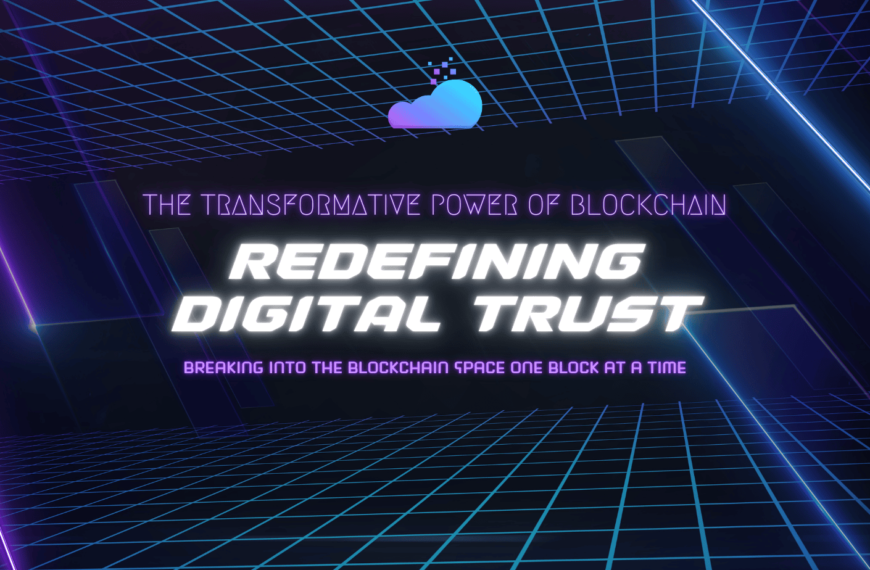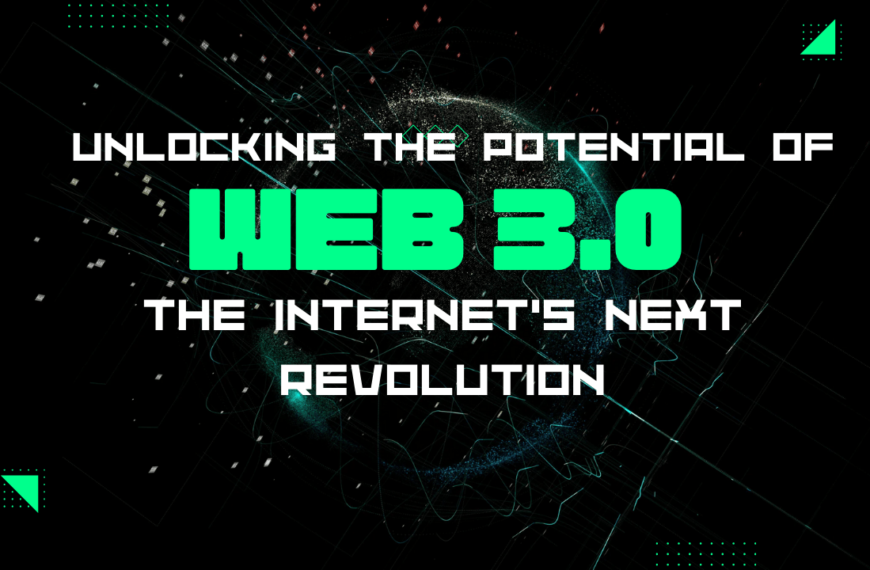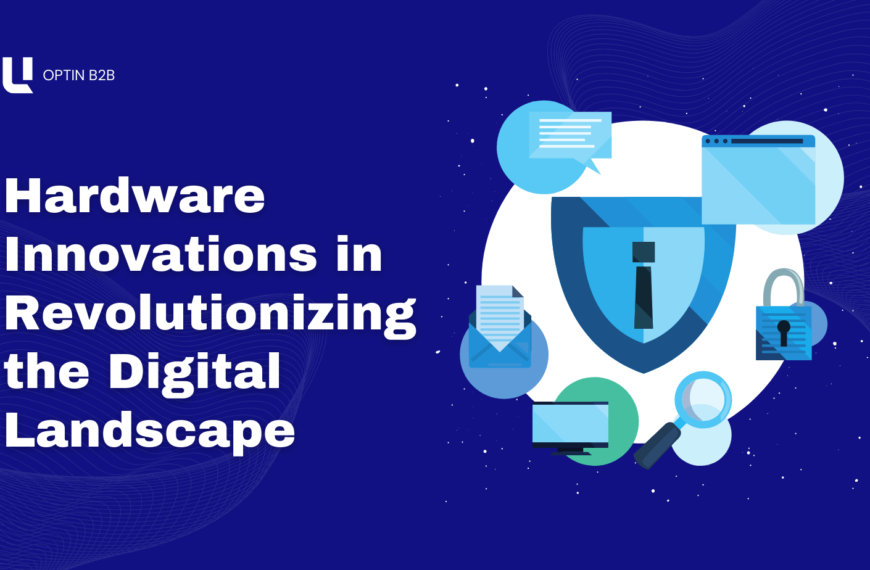Blockchain is emerging as a game-changer in the renewable energy sector by creating transparent and decentralized energy marketplaces. By leveraging this technology, companies like Energy Web Foundation enable secure and efficient energy transactions between producers and consumers.
In renewable energy, blockchain facilitates peer-to-peer energy trading. Homeowners with surplus solar energy can sell it directly to their neighbors through blockchain platforms, bypassing traditional utility companies. This decentralization empowers communities and promotes the adoption of renewable solutions.
Smart contracts, a feature of blockchain, are automating processes like energy billing and compliance. These contracts ensure transparency and reduce administrative costs, benefiting both energy producers and consumers.
Blockchain also enhances renewable energy certificates (RECs) by ensuring accurate tracking and verification. Firms such as IBM Blockchain are collaborating with energy companies to offer tamper-proof certification systems, boosting consumer trust in green energy claims.
The adoption of blockchain in renewable energy underscores its potential to create efficient, transparent, and inclusive energy systems, fostering a global transition to sustainable practices.


















